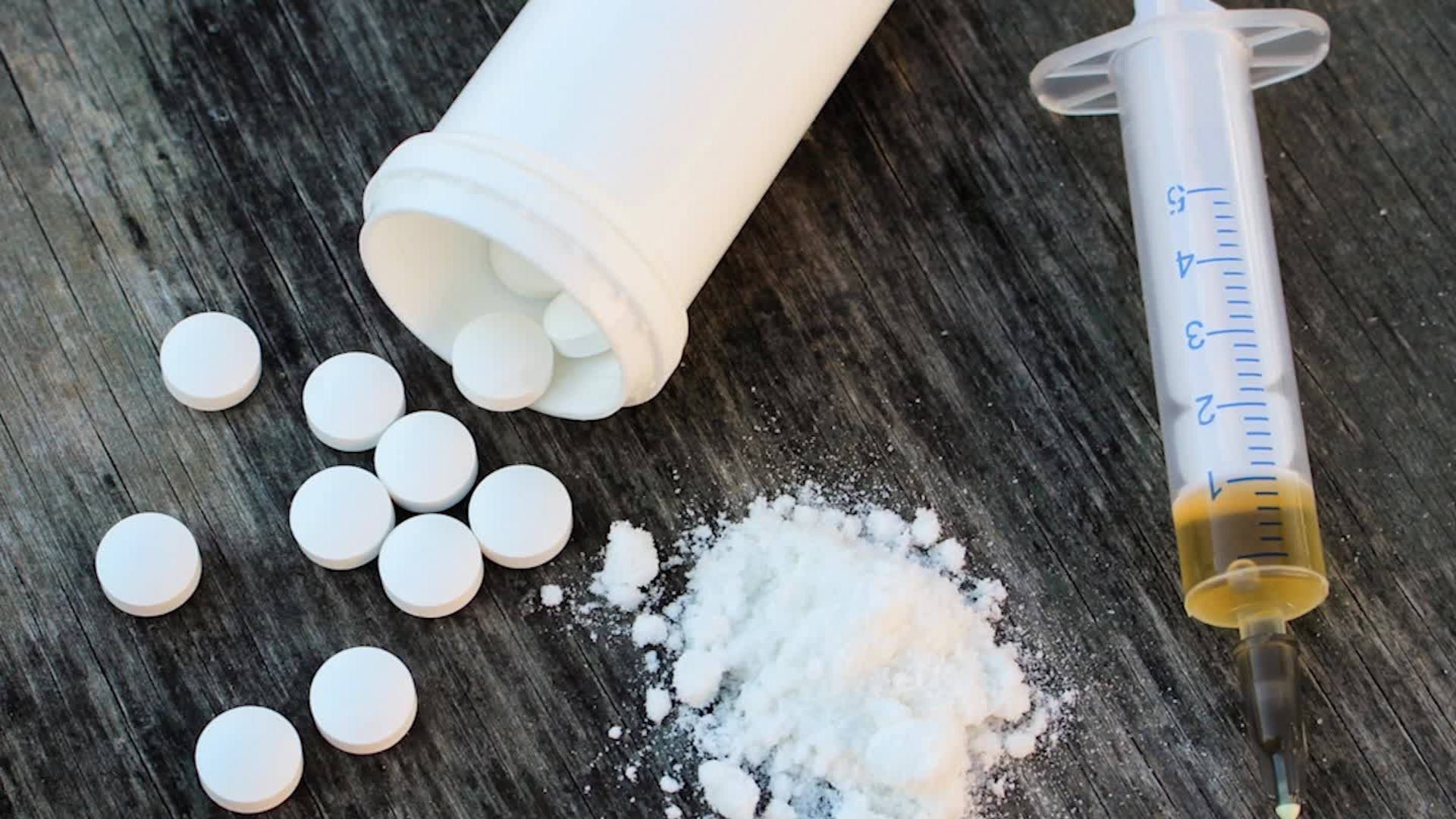YORK, Pa. — Drug overdose deaths have reached a historic high. More than 104,000 Americans have died due to a drug overdose between September 2020 and September 2021. During that same time period, nearly 5,500 Pennsylvanians died from a drug overdose—the most since 2017.
In his first State of the Union Address, President Joe Biden introduced new initiatives to tackle the opioid epidemic and address addiction. It is one of four goals in his proposed Unity Agenda for the Nation. The president’s Fiscal Year 2022 budget request includes a historic $41 billion for drug policy efforts.
“If you’re suffering from addiction, know you are not alone. I believe in recovery, and I celebrate the 23 million Americans in recovery,” President Biden said.
The proposed investment would fund research, prevention, harm reduction, treatment, and recovery support services. Education and research are important, but local recovery support agencies desperately need more resources and staff. There are a limited number of programs available to address the crisis and that has created significant barriers to treatment.
“We do not have enough programs available for women who have children. For them to be gone for extended periods of time, there’s not a place for them to leave their children safely and there’s very very few ‘Mommy and Me’ programs out there. So that’s a huge barrier,” said Becky Lockner, York Coordinator for JFT Recovery and Veterans Center.
For the first time, harm reduction services – which include naloxone, fentanyl test strips, and syringe service programs – are a federal drug policy priority. The Administration plans to continue efforts to support syringe services programs through funding opportunities to provide them with needed supplies such as fentanyl test strips and sterile syringes.
President Biden is also calling for universal access to medication for opioid use disorder (MOUD) by 2025. To reach this goal, the Administration wants to eliminate outdated rules that stop doctors from prescribing lifesaving treatments.
Educational efforts are also underway to help state and local jurisdictions better understand the impact of community care connections upon release from incarceration – a time when individuals are at the highest risk for overdose. Recovery support organizations agree that more needs to be done to help people reintegrate into society.
“In the community that I’m a part of in York, we are really looking at people who are in long-term recovery who have some experience, going into some of the treatment centers and local prisons to make that connection there before they step out of the doors so we can bridge that gap from treatment back into real life,” Lockner said.
The Biden Administration said the funding would also target the availability of illicit drugs in the United States and abroad through air and maritime seizures and bolster efforts along the nation’s borders to stop the trafficking of illicit drugs, weapons, and bulk currency.
In a statement, a spokesperson for the Pennsylvania Department of Drug and Alcohol Programs said:
The Wolf Administration echoes President Biden’s call in addressing the addiction crisis by increasing funding for prevention, intervention, treatment, and recovery supports. Specifically, this comprehensive plan includes removing barriers to treatment and making targeted investments in harm reduction services, both of which are evidenced-based approaches to keeping people alive and are in alignment with the Wolf Administration’s priorities.
We must have continued urgency to address this crisis at every level of government by employing proven strategies, creating a system to address both mental health and substance use disorders, and channeling resources to where they are needed most.

